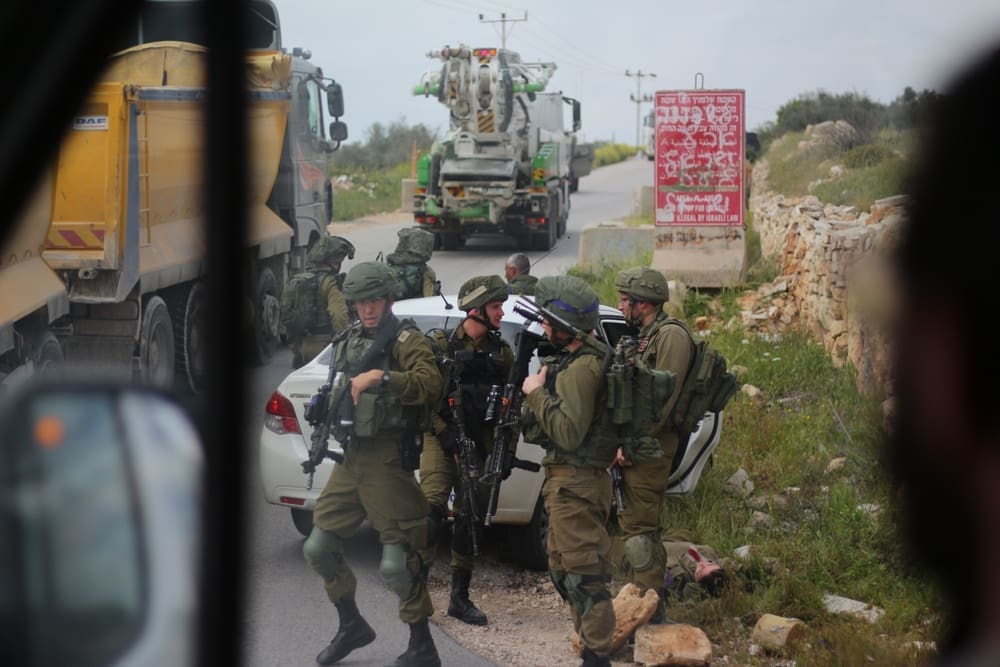Israel’s defense minister has announced that Israeli troops will continue to occupy security zones in the Gaza Strip, Lebanon, and Syria indefinitely. This decision could further complicate ongoing negotiations with Hamas regarding a ceasefire and the release of hostages. Israeli forces have intensified their presence in Gaza, occupying more than half of the territory as part of their strategy to pressure Hamas into releasing hostages following the recent end of a ceasefire.
Despite a previous ceasefire with Hezbollah, Israel has maintained a presence in parts of Lebanon and has also established a buffer zone in southern Syria after the ousting of President Bashar Assad. The defense minister emphasized that the Israeli military has no plans to evacuate any areas currently under its control, asserting that these zones serve as a buffer between Israeli communities and hostile forces in any temporary or permanent situation in Gaza, Lebanon, and Syria.
The presence of Israeli troops is viewed by Palestinians and neighboring countries as a military occupation, which they argue violates international law. Hamas has stipulated that it will not release the remaining hostages unless Israel completely withdraws from Gaza and agrees to a long-term ceasefire. Israel, on the other hand, maintains that retaining control is crucial to prevent repeat attacks similar to the one on October 7, 2023, when thousands of Hamas militants invaded southern Israel, resulting in the deaths of approximately 1,200 people, primarily civilians, and the abduction of 251 individuals.
The ongoing military operations have significantly impacted Gaza, with over 51,000 Palestinians reported dead by Gaza’s Health Ministry. The territory has suffered extensive destruction, rendering large areas uninhabitable and displacing about 90% of its population of roughly 2 million. The blockade on imports has left many living in overcrowded tent camps with limited food supplies.
Israeli Prime Minister Benjamin Netanyahu has pledged to eliminate Hamas and secure the release of the 59 hostages believed to remain in Gaza. Following the resolution of the current conflict, Netanyahu plans to implement U.S. President Donald Trump’s proposal for the resettlement of many Gaza residents in other countries, under the guise of “voluntary emigration.” However, this proposal has been universally rejected by Palestinians and Arab nations, with human rights experts warning it may breach international law. Many Palestinians in Gaza are adamantly opposed to leaving, fearing a repeat of the mass expulsion experienced during the 1948 war that accompanied Israel’s creation.
The Human Element Explored
The indefinite presence of Israeli military forces in Gaza, Lebanon, and Syria has significant implications for the local populations and broader geopolitical dynamics. For residents of Gaza, the continuous military activities and occupation exacerbate the already dire humanitarian situation, contributing to severe displacement, food shortages, and a lack of essential services. The resulting hardships could lead to increased tensions and further resistance against Israeli policies.
In Lebanon and Syria, the permanent presence of Israeli troops in certain zones could hinder peace efforts and perpetuate regional instability. The continued occupation may also strain international relations and provoke diplomatic disputes as neighboring countries seek to challenge what they perceive as violations of sovereignty and international law.
Globally, the Israeli strategy and the associated humanitarian consequences are likely to attract significant international attention and criticism. This could influence public opinion and policy decisions in various nations, potentially affecting international aid and support for both Israeli and Palestinian causes. The situation underscores the complex nature of Middle Eastern geopolitics and the need for careful consideration of human rights and international law in crafting long-term solutions.













